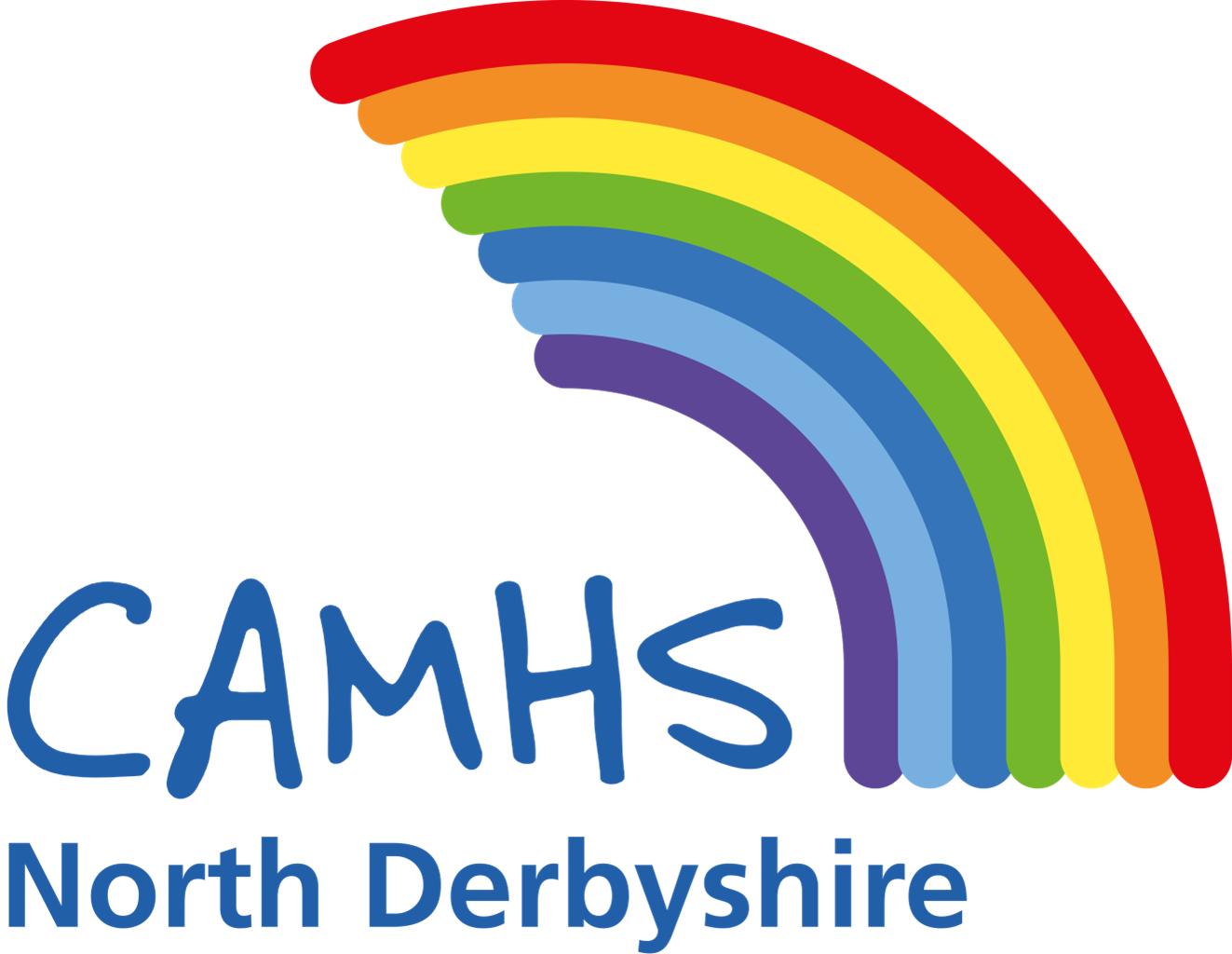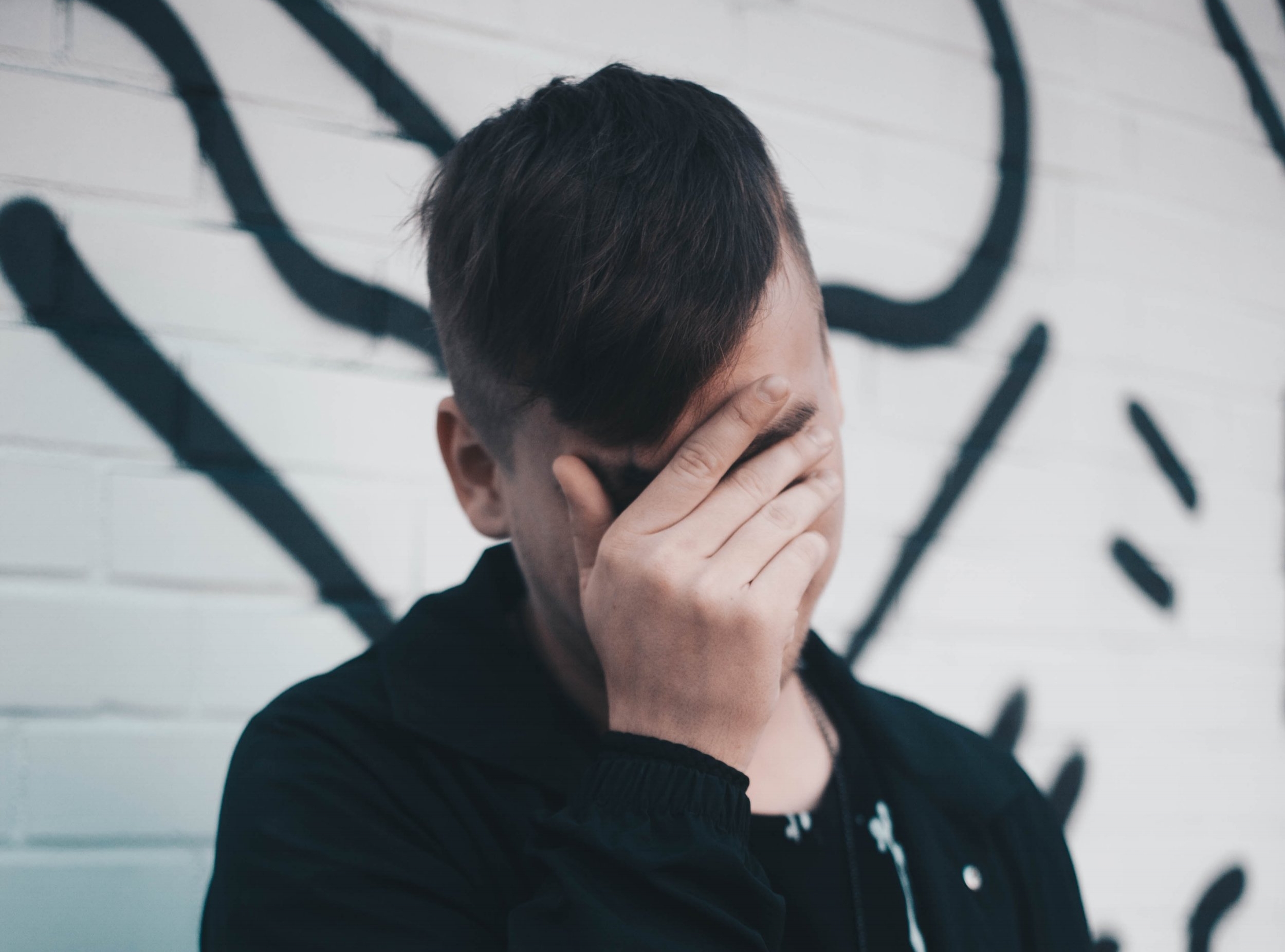common problems
Psychosis
Introduction
Psychosis can be a symptom of serious mental illness like Bipolar Disorder or Schizophrenia. It can also be related to stress, depression or drugs and alcohol. In a psychotic episode, a person loses touch with reality as other people see it. They might hear voices, see or feel things that aren't there, feel paranoid or believe things that don't rationally make sense.
Although it can be scary, psychosis is treatable. Some people have one episode of psychosis and never have another one, while others might need ongoing treatment. Other people might notice some symptoms before you do, because psychosis can make you feel like things are normal when they're not.
WHAT ARE SOME OF THE SYMPTOMS?
- Hallucinations; where you see, feel, smell or hear things that aren't there.
- Delusions; where you 'just know' things that seem unreal to other people.
- Feeling that you're being followed or your life is in danger.
- Muddled thinking and difficulty concentrating.
- A feeling that you're being controlled by something outside yourself.
- Feeling like time speeds up or slows down.
Just because you experience one or more of these symptoms, it doesn’t mean you’re definitely affected by psychosis. It’s important to talk to your GP to get a full diagnosis.
Getting help
TAKE THE FIRST STEP
Talk to someone straight away and ask for help. Choose someone you like and trust, like a teacher, relative, counsellor or friend. You should also see your GP. They may offer to refer you to CAMHS, another expert, or a psychiatrist who can help.
HOW CAN CAMHS HELP ME?
Psychosis is usually treated using medications called anti-psychotics or neuroleptics. You may also be offered Cognitive Behaviour Therapy (CBT) or counselling to help you get over the experience of psychosis. If you have been diagnosed with Schizophrenia or Bipolar, your treatment will depend on your needs.
HOW CAN I HELP MYSELF?
Talk to someone you trust like a parent, teacher, relative or friend.
HOW CAN I HELP AS A PARENT/CARER?
Support your child to access their GP so that they can be refered to CAMHS.
Further support, advice and self-help
Young Minds gives free, relevant, practical information about a range of mental health issues in children and young people. It has information about feelings and symptoms, conditions and looking after yourself. It also has some specific information about self-harm and what to do about self-harm.
Website (specific page on Psychosis: Young Minds Psychosis)
Minded is a free educational resource on children and young people’s mental health for adults, but can also be really useful for teenagers. It covers lot of topics.
Website
Relate gives specific advice for different types of worries and problems aimed at young people.
Website

